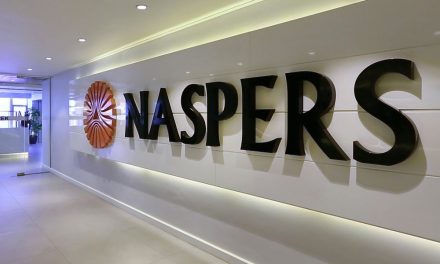
Capricorn Group announces divestment from troubled Zambian Cavmont Bank

Capricorn Group has finally decided to end its banking trials and tribulations with its Zambian subsidiary, Cavmont Bank, seeking to sell its shareholding to the Zambian subsidiary of the Nigerian Access Bank Group.
In a note issued on Thursday, Capricorn Group stated that Access Bank Zambia will enquire the entire issued ordinary share capital, assets and liabilities of Cavmont Bank Ltd. The latter is wholly-owned by Cavmont Capital Holding Zambia Plc, which in turn is owned 98.03% by Capricorn Group.
Access Bank’s Nigerian parent gave notice early in July on the Nigerian Stock Exchange of its negotiations with Cavmont Capital Holdings, to take over Cavmont Bank through its Zambian subsidiary. Access Bank Zambia is wholly-owned by Access Bank Group in Nigeria.
Although the deal is described as a merger in two somewhat conflicting statements, the nature of the change in shareholding fits more with a full acquisition. Cavmont Bank has booked some staggering losses over the past couple of years but these have steadily come down under the guidance and management of Capricorn Group. Still, Cavmont Bank was the only entity in the Capricorn stable that posted a loss in the previous financial year. This fact was highlighted by the Group in its comprehensive financial results.
Capricorn Group Chief Executive, Thinus Prinsloo said “Access Bank Plc is an African banking group with an impressive growth trajectory and geographic reach across Africa and internationally. It is an excellent strategic fit with Cavmont Bank’s presence in Zambia and will strengthen the capital base from which to achieve long-term sustainable growth.”

Chief Executive of Capricorn Group, Mr Thinus Prinsloo.












































